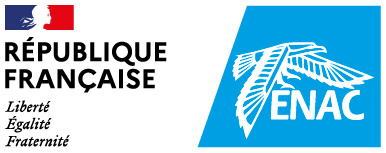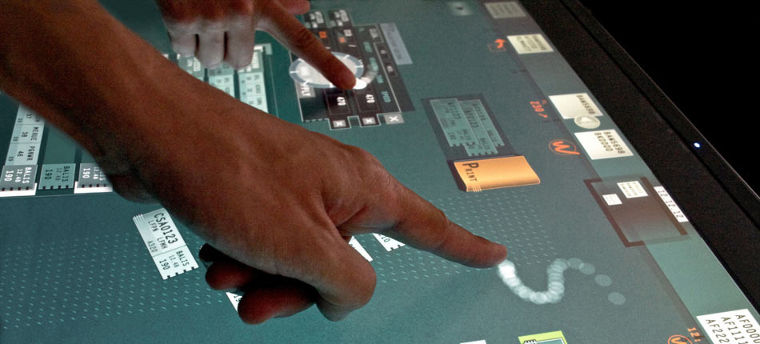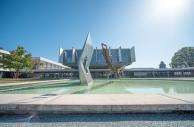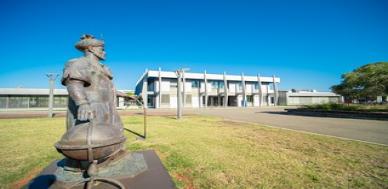Aeronautics is a complex human-machine hybrid system, which puts into action many heterogeneous subsystems. In this framework, the objectives of the IIT TEAM are to better understand the phenomena of interaction and to master the design of better performing interactive systems.
Fields of Research
« Human-Machine Interaction » (HMI) carries out research aiming to improve the quality and performance of visualisations and interactions at the heart of the human-machine hybrid system. It notably involves designing robust interactions at the heart of cyber-human systems which will not collapse in non-nominal operational situations and where the frontier between humans and technology is diminishing to the point where technology is becoming a natural extension of the human.
« Interactive System Engineering » (ISE) carries out research aiming to improve the design of interactive systems by the development of useable conceptual tools (models, theories) and concrete tools (programming languages, editing). Their novel approach consists in reforging the principles of programming with a unified model of interactive systems, based on the concept of coupling between processes.
The team is attached to the Doctoral School ED 309.
Applications and projects
Application domains include cockpits, control positions, drone control stations, flight preparation, as well as other critical fields such as health.
- Airtius is a project which aims to increase the tactile surface with tangible equipments in order to retain the properties of tactile interfaces and to provide more secure interaction in case of degraded circumstances (turbulence, reduced visibility with smoke in the cockpit). Djnn is a framework of development for interactive oriented programming
- Djnn is based on the notion of process and on a unified model of control structure. Djnn allows for the development of highly interactive applications as well as for uses such as proofs of properties, for example the visibility of an alarm under any circumstances
- TaCo is a graphic language and interface design project to enable air traffic controllers to program airport automation equipment by themselves. TaCo relies on both the concepts of the ATC profession and those of Djnn to facilitate the understanding of automation by air traffic controllers and to create a safe and effective cyberhuman system
- Volta is the first all-electric conventional helicopter. Its avionics have been developed with Djnn and its interface has been adapted to the norms of new sustainable energy engines









